Topic: Extended Team Members

Westwood High School: School Profile
Westwood High School in Mesa, Ariz., serves approximately 3,200 students in grades 9–12. This resource explores Westwood’s implementation of the Next Education Workforce model, highlighting their teaming structures and their approaches to innovation, coaching and schedule.

Mountain View High School: School Profile
At Mountain View High School, each core team of educators collectively supports 90–120 students. Core teams are composed of three to four educators, each of whom specializes in one or two content areas.
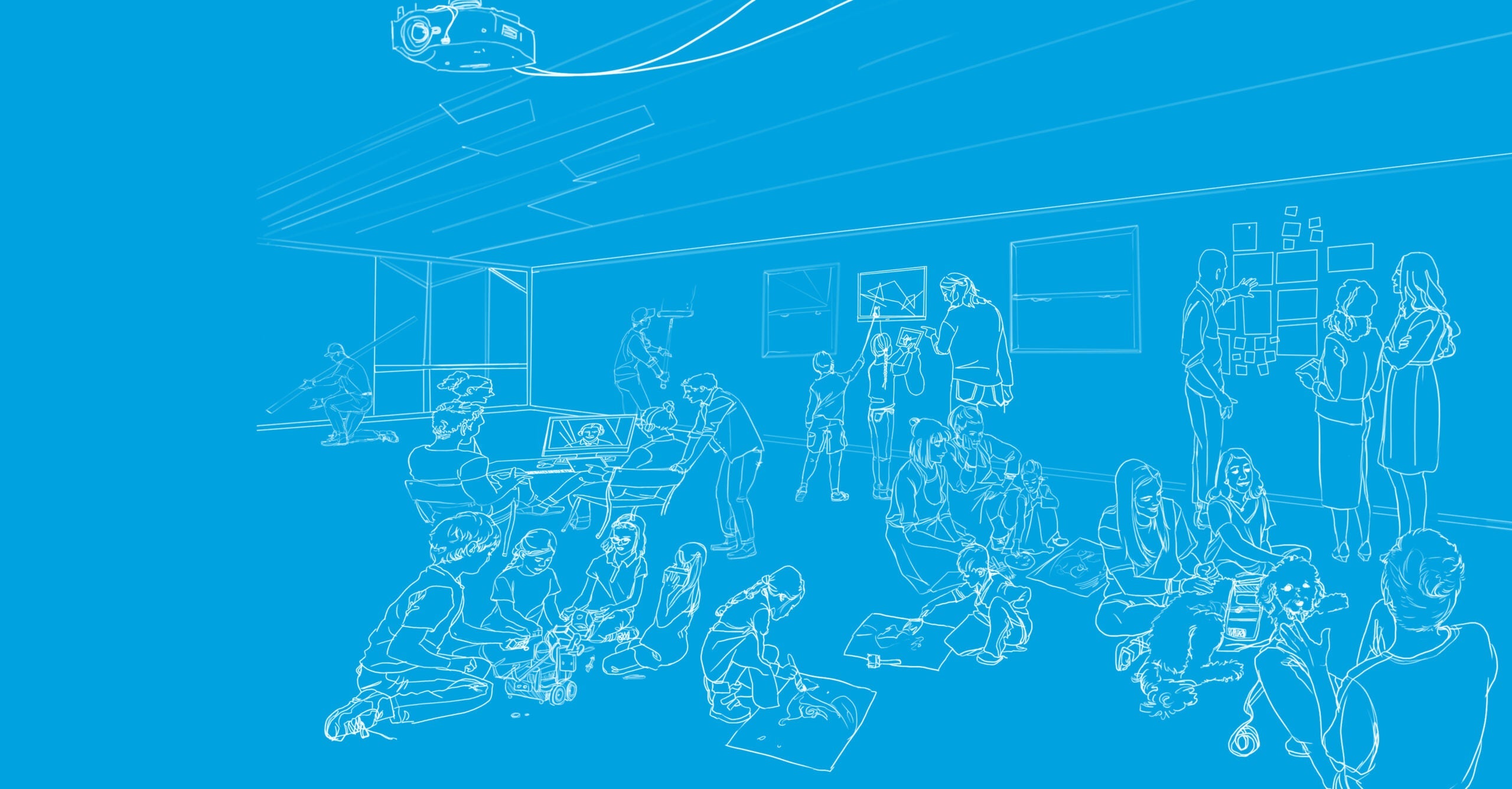
Driving Academic Progress
Learn more about how one school system leveraged bus drivers as literacy tutors between driving shifts.

Community Circles
When a child enrolls at Jefferson Elementary, they are assigned to a community circle composed of at least one child from each grade level. Explore this resource to learn more about the program and its impact on learning for students and for staff.

Literacy Accelerators
Two to four times per week, Skyline High School teacher academy students assume the role of community educator at their feeder school, Stevenson Elementary.

Medical Innovations
To gain an understanding of a variety of medical conditions and how they affect the people who face them, the 4–6 grade teaching team assembled ten community educators to participate in interviews with their students.
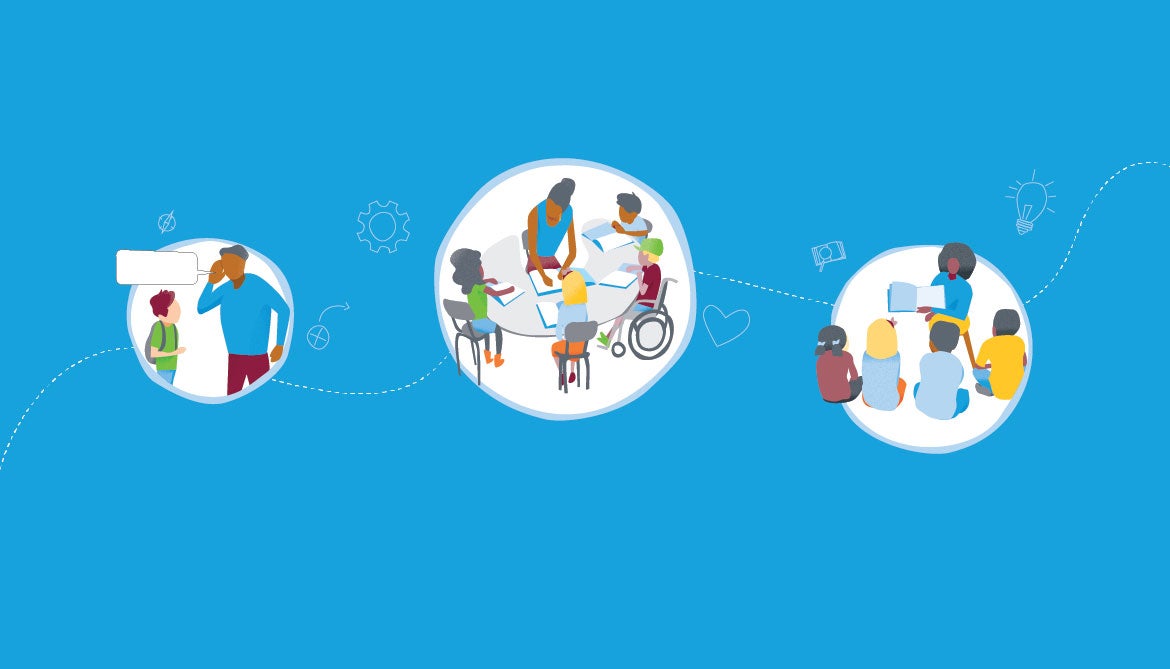
5 tips for community educators preparing to enter the classroom and other learning spaces
These five tips will help community educators prepare and feel ready to enter any learning space, have a successful experience and make lasting, meaningful connections with learners. This resource expands on helpful tips around translating industry expertise, managing the learning space, working with students during the visit and more.

Kyrene de las Manitas Innovation Academy: School spotlight
Kyrene de las Manitas Innovation Academy is committed to engaging students in a dynamic learning environment that promotes academic excellence and prepares them to be innovators and leaders of tomorrow. In this resource, you’ll learn how they’re implementing a Next Education Workforce model.

Connecting with Community Educators
Community educators can be found simply by asking around your own social networks and community. However, there are also resources made specifically to locate and connect with industry experts who are ready to support your learning environment.

Mock Trial
Activating a lawyer for unit planning support is a great example of a community educator contributing to the distributed expertise of a team. Learn how.

Living Library
The Living Library brought more than 35 community educators — from stay-at-home parents to investment bankers — to connect with high school students struggling to see the importance of learning math.
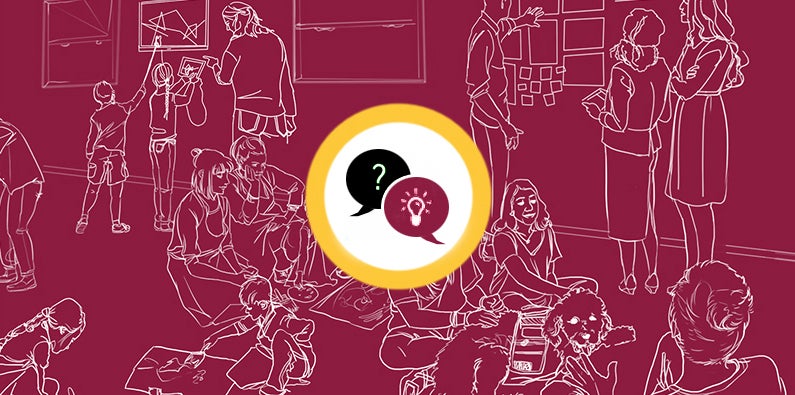
Changing the model: Building the Next Education Workforce
What’s normal in education is broken. In collaboration with school and community partners, Arizona State University’s Mary Lou Fulton College for Teaching and Learning Innovation is working to change that.
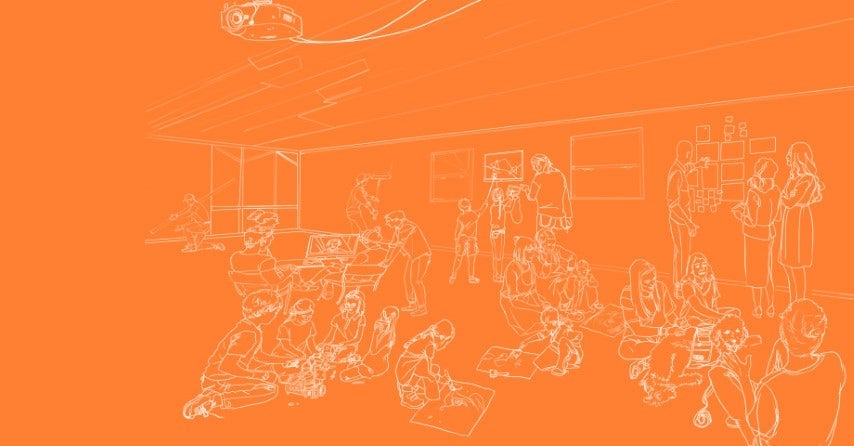
10 Tips for planning team-based deeper learning
The educator team at Kyrene de las Manitas Innovation Academy co-plans project-based units that support deeper learning. The 10 tips appearing in this document are drawn from their approach to planning. To get started, consider how your team might implement these tips.

Community Educator Invitation and Project Overview Template
Community educators provide capacity and insight in service of deepening and personalizing student learning. They enrich learning environments by forging authentic relationships, sharing expertise and expanding networks. Use this template to guide your communication with community educators.

Team-based PBL unit planning template
Next Education Workforce team-based structures can strengthen the project-based learning instructional approach. This unit planning template takes educators through the steps of designing a PBL unit, while also planning for how to maximize distributed expertise.

Community educator asset map
An asset map is a visual way to identify resources within your community. The act of creating a map of expertise can help you discover connections you already have, organizations you’d love to know about, and talents and resources near your school or available virtually.

Six tips for engaging a community educator
Explore this resource to learn six tips for engaging a community educator in schools, community-based organizations and anywhere that learning happens.

The Creighton Academy: School profile
The Creighton Academy in Phoenix, Arizona serves about 300 students in grades K–6. Every student is a member of a covey: a multi-age group of 55–60 students. Students work with educators specific to their coveys and educators who work across coveys. Here, you’ll learn how they’re implementing a team-based model.

Elementary instructional blueprint: Lessons with industry experts
Elementary instructional blueprints suggest ways teams of educators with distributed expertise might deploy themselves to better deepen and personalize student learning.

Elementary instructional blueprint: Thematic learning rotation
Elementary instructional blueprints suggest ways teams of educators with distributed expertise might deploy themselves to better deepen and personalize student learning.

Elementary instructional blueprint: Authentic assessment work time
Elementary instructional blueprints suggest ways teams of educators with distributed expertise might deploy themselves to better deepen and personalize student learning.

Next Education Workforce Teams in All-Remote Environments
In this resource, you’ll find several recommendations for how all-remote teams might deploy their educators to best meet the needs of students.

SPARK School: School profile
At SPARK School at Kyrene de las Manitas, 120 students in multi-aged grade bands (third through fifth grades) work with a core team of six educators: one teacher executive designer, two certified teachers and three teacher candidates. The prototype school-within-a-school was developed during a design process collaboratively led by the Kyrene School District and ASU’s MLFC Design Initiatives. In this resource, you’ll find out how they’re implementing a Next Education Workforce model.

Whittier Elementary: School profile
In Fall 2020, Whittier Elementary in Mesa, Arizona will create two team-based learning communities with 170 students in grades four through six. Each “house” will include 85 students and will be guided by an educator team comprising three certified teachers and two MLFC teacher candidates. In this resource, you’ll find out how they’re implementing a Next Education Workforce model.
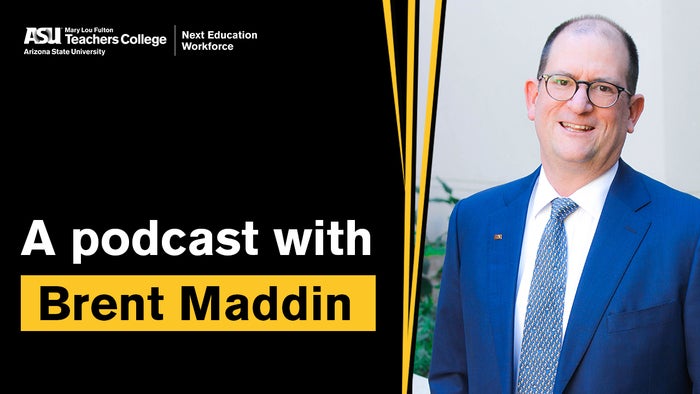
Brent Maddin: What is the Next Education Workforce?
Host Brent Maddin shares how MLFC is working with schools and other partners to 1) provide all students with deeper and personalized learning by building teams of educators with distributed expertise and 2) empower educators by developing new opportunities for role-based specialization and advancement.

Stevenson Elementary: School profile
Stevenson Elementary School is a Title I school located in Mesa, Ariz., that takes a dynamic approach to serving about 700 students in pre-K through 6th grade. The school’s Next Education Workforce model wraps teams of educators around students in grades K-6 with the goal of providing deeper and personalized learning. In this resource, you’ll find out how they’re implementing a Next Education Workforce model.

Building schedules for remote community educators in 5 steps
As schools build teams of educators with distributed expertise, and especially as they increase the number of community educators on their teams, scheduling becomes an increasingly complex task. Here, you’ll find five actionable steps for building schedules for remote community educators that are responsive to student and team needs and maximize community educators’ skills and talents.
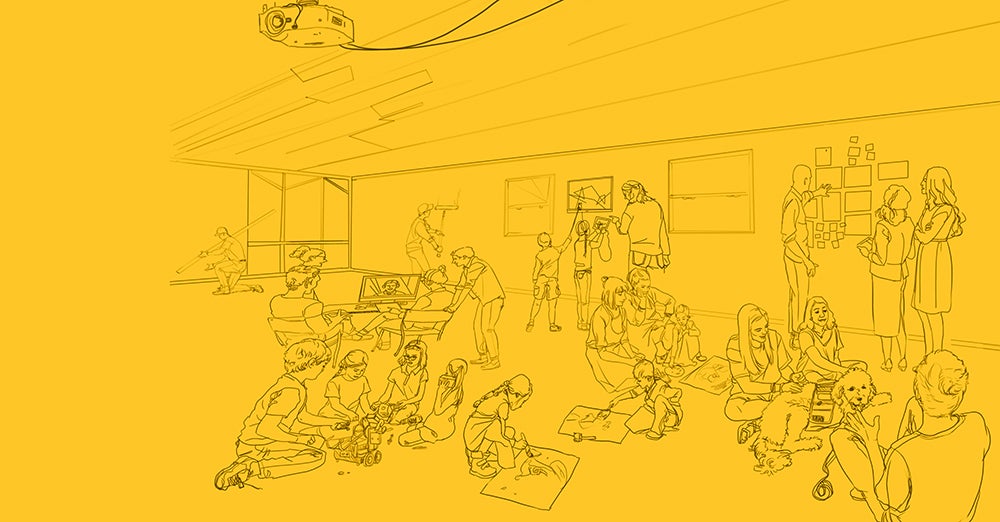
New support roles for educator teams in online and hybrid settings
Who are the groups of adults that might be leveraged to support students? Explore the specific roles those adults might play in the learning space.
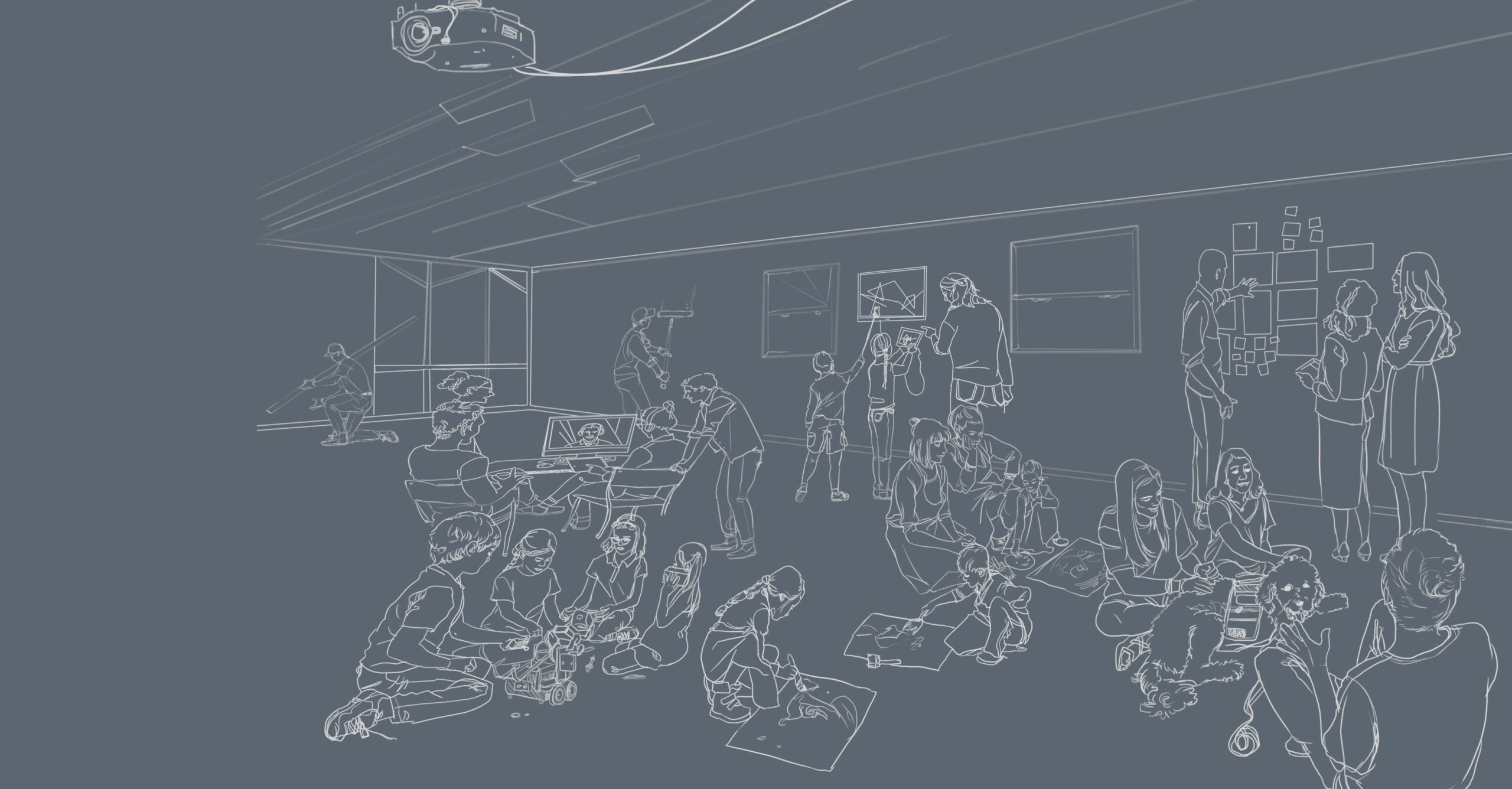
The budget and the Next Education Workforce
Justin Wing, Assistant Superintendent of Human Resources at Mesa Public Schools, shares two pieces of budgetary advice for districts considering moving to Next Education Workforce models.

Building a Network of Community Educators
Community educators are talented adults from the community who bring additional capacity, insight and expertise to learning environments. Read on to learn about community educator roles; knowledge, skills and dispositions; policies and practices; and more